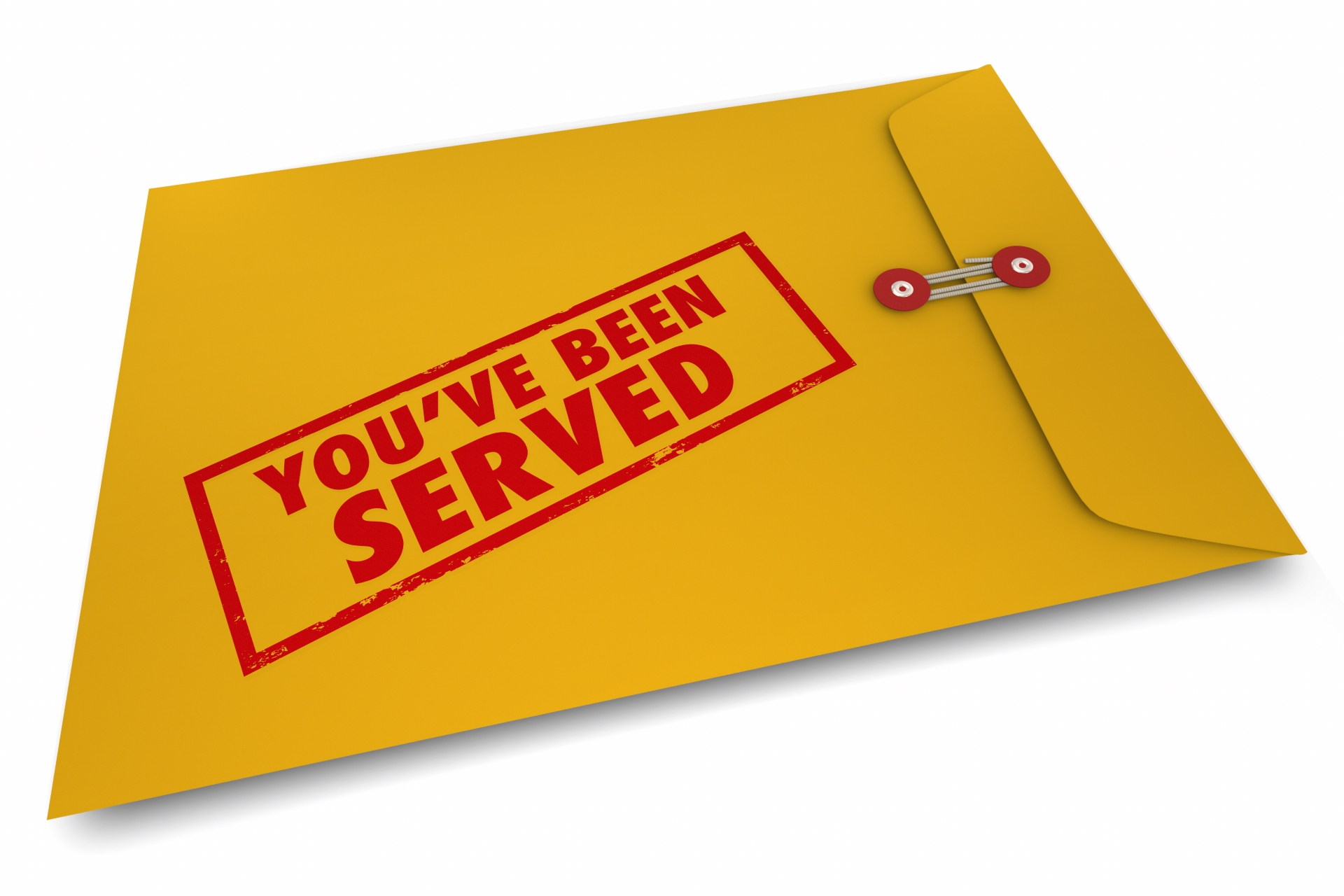When I talk to potential family law clients, I often find that one of the aspects of their cases that they have the most apprehension about is serving the other side. So, I thought I would take this opportunity to try to shed some light on how the service process actually works.
When your attorney files your case – whether it be a divorce, custody, support, or other type of family law case – the next step is that the person you filed the case against (the “Defendant”) must receive copies of the documents you filed. This process is called “service.” Under the Michigan Court Rules, there are three ways service can be accomplished.
First, any individual who is over the age of 18 and is not a party to the case can hand the documents to the Defendant. This can be a professional process server or simply someone you know. The person who did the service then must sign a notarized Proof of Service stating that they served the Defendant, and then the Proof of Service must be filed with the Court.
Second, the documents can be mailed to the Defendant Certified Mail, Return Receipt Requested. This means that the Defendant will have to “sign for” the envelope before it will be released to them. If/when they sign for it, your attorney will receive the Return Receipt card back and will file it along with a Proof of Service.
The third way to accomplish service is called “acknowledgment of service.” In this method, the Defendant is given the documents by anyone, even you or your attorney. If the Defendant him- or herself signs the Proof of Service, then that is considered effective service and you can avoid methods #1 and #2, above. If they don’t sign the acknowledgment, then you have no choice but to try one of those methods.
If the Defendant is expected to be cooperative, I generally try use acknowledgment of service. This avoids the embarrassment and hostility of having a person served involuntarily (#1, above) or the uncertainty and time delay of service by mail (#2). I would be happy to answer any questions you may have regarding service or regarding any other part of your case. Feel free to call me at (248) 457-4566 or email me at peter@pgbplc.com for a free consultation.


